14 Small Playroom Ideas for Tiny Rooms With Big Play
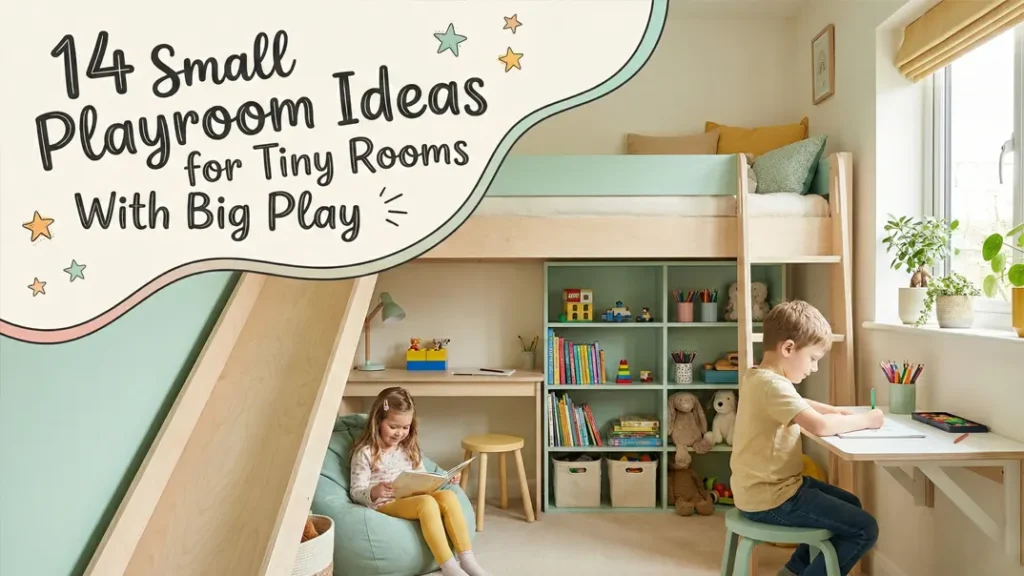
This article shows how to turn a tiny room into a smart, flexible play zone. Learn how to use the ceiling, corners, colours, modular furniture, climbing features, a game table, blackboard, beanbags and a compact sofa to support play, reading and easy storage.
What Are the Benefits of Sand and Water Play for Early Childhood Development?
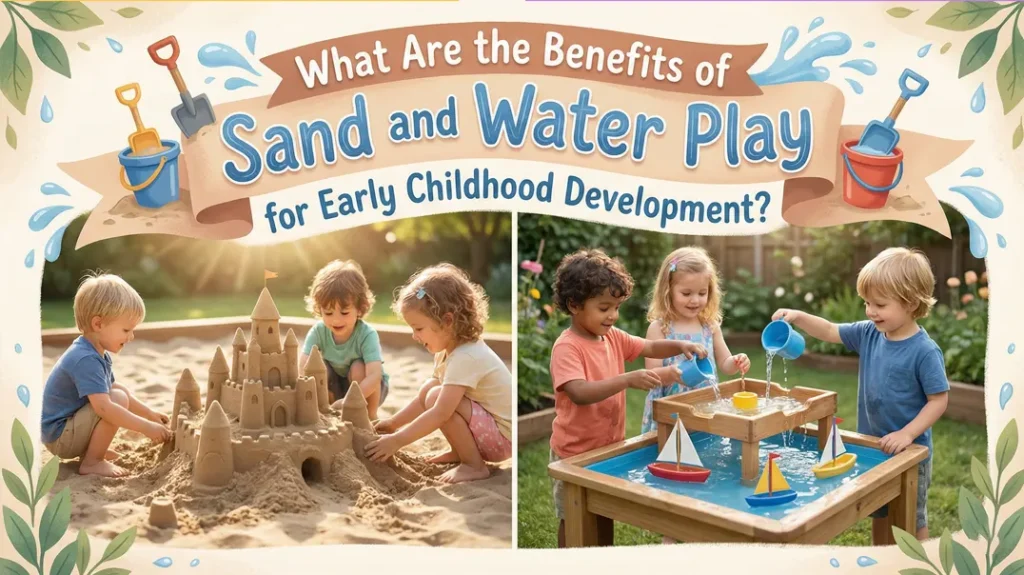
This article highlights the key benefits of sand and water play in early childhood development. It offers practical tips for setting up engaging play areas, selecting essential tools, and encouraging children to explore, experiment, and learn through hands-on sensory activities in the classroom.
How to Create a Warm Classroom Reading Corner for Children
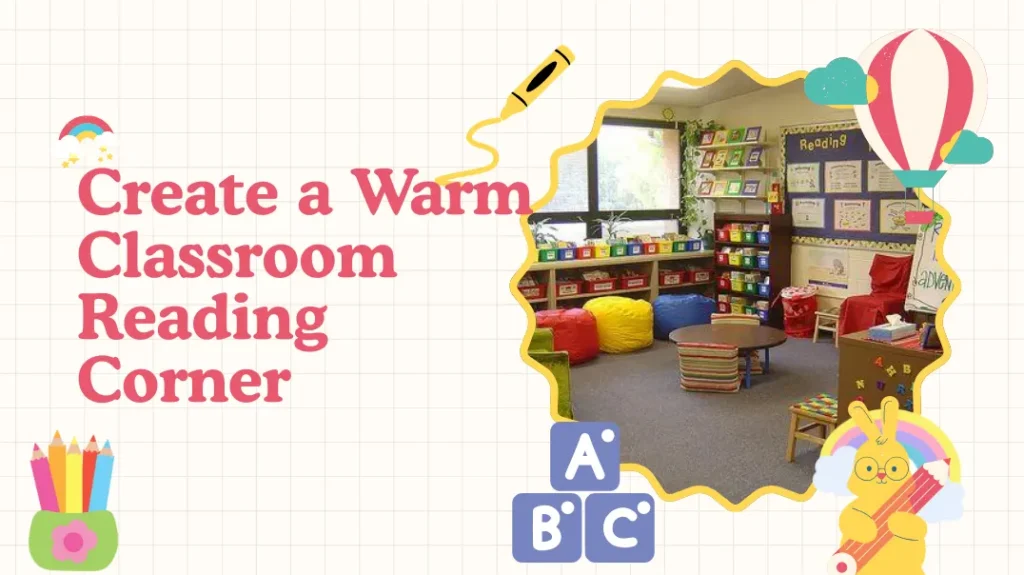
This article thinks through what a warm classroom reading corner really does for children, how environment and routines shape reading habits, and how teachers can design a space that is inviting, inclusive, and realistic to maintain over time.
Preschool Locker Cubbies Buying Guide
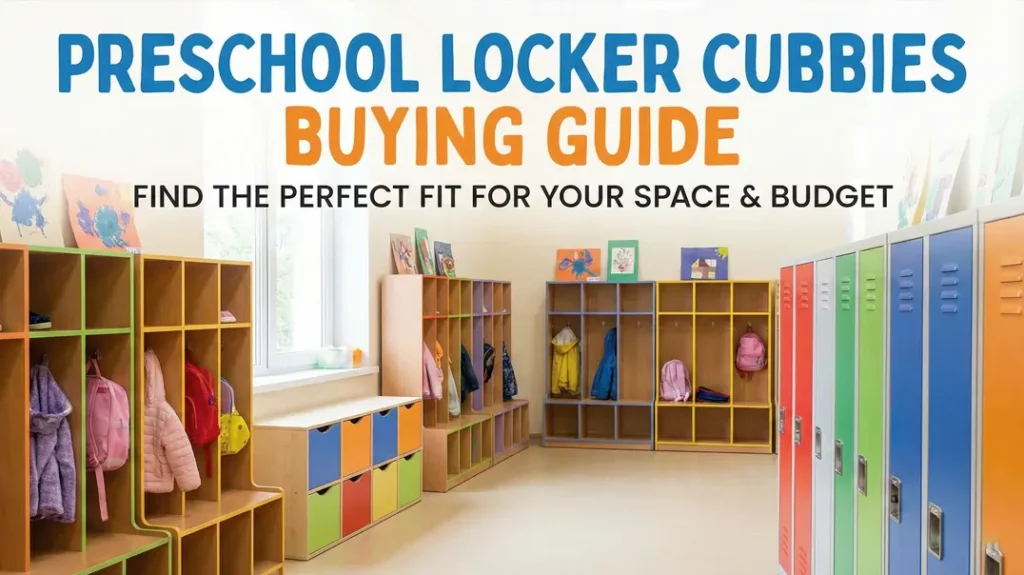
A complete buying guide to preschool locker cubbies, covering standard sizes, materials, safety features, and layout configurations. Learn how to choose durable, child-friendly storage that supports classroom routines and student independence in early education spaces.
Preschool Furniture Buying Guide: Ensure You’re Getting High-Quality and Safe Choices
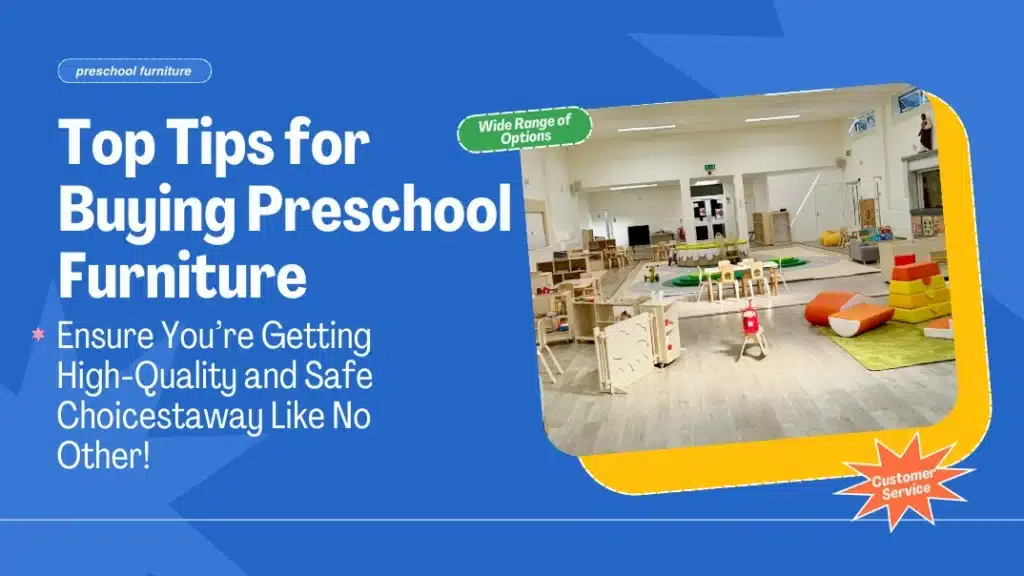
This complete preschool furniture buying guide covers age-specific needs, educational philosophies, safety standards, essential features, and price tiers. Learn how to choose furniture that supports child development, classroom flow, and long-term value.
10 Spatial Awareness Activity Ideas for Preschool Rooms
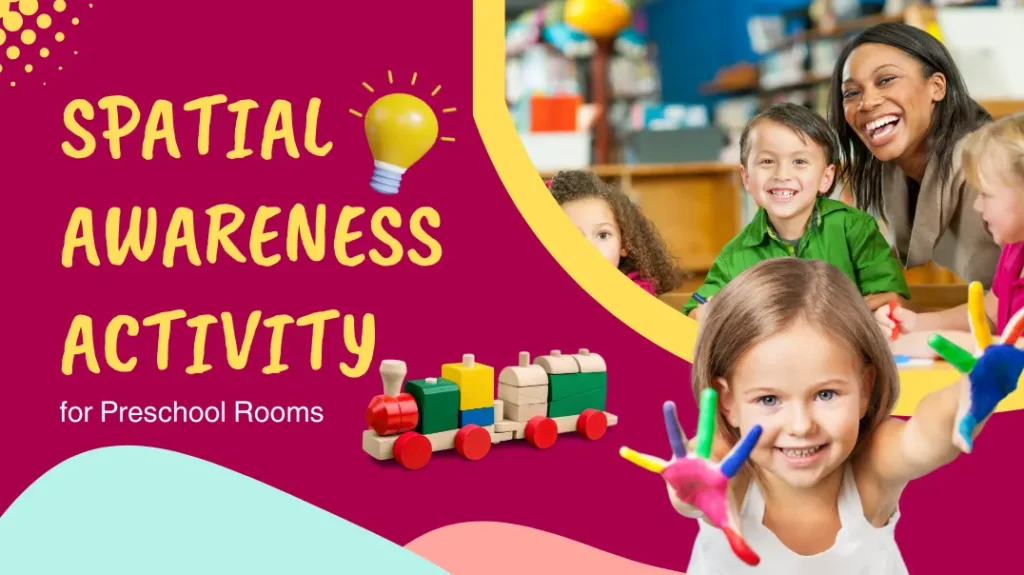
This article looks at spatial awareness in preschool rooms from a manager’s perspective: what it is, why some children struggle, how room design and furniture choices affect it, and how to embed spatial awareness activity ideas into daily practice without overwhelming staff.
Cots Vs Mats: Which Is Better for Daycare Nap Time?
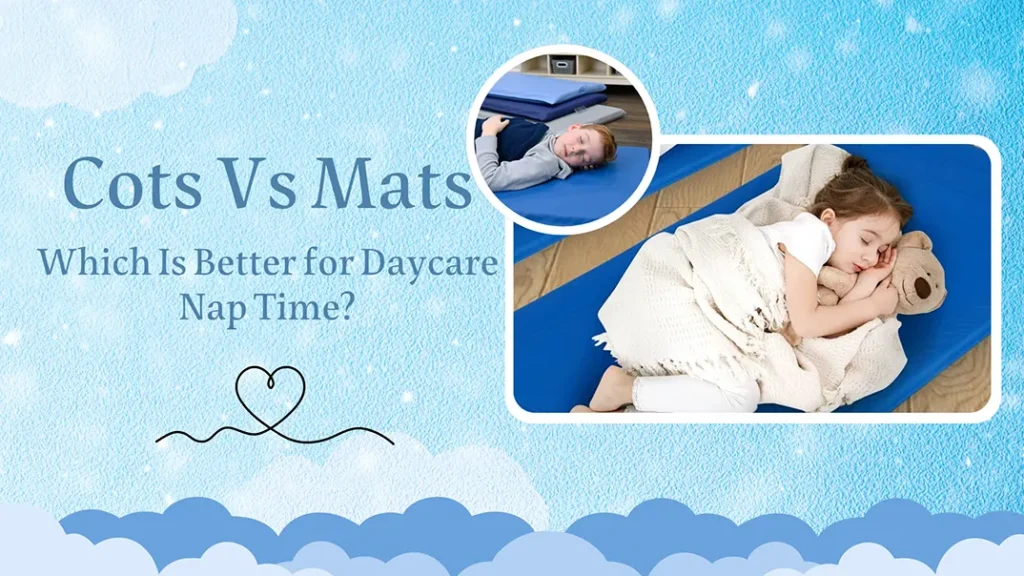
Choosing between cots and mats for daycare nap time can impact children’s comfort, hygiene, and sleep quality. This guide compares cot vs. mat options in terms of durability, safety, cost, and practicality to help daycare providers make the best choice based on real needs and regulations.
What Is Montessori Furniture? A Practical Guide for US Preschools
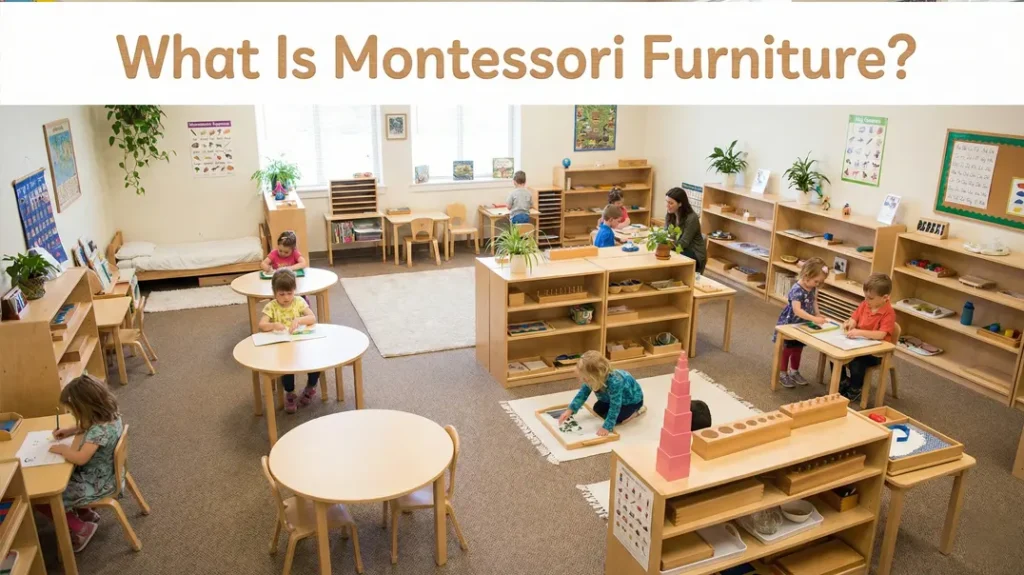
Montessori furniture is designed to support independence, order, and purposeful learning. This guide explains what Montessori furniture truly is, its key characteristics, and how it functions in real preschool classrooms, beyond style or trends.
What Is Tummy Time and Why Is It Important for Babies?
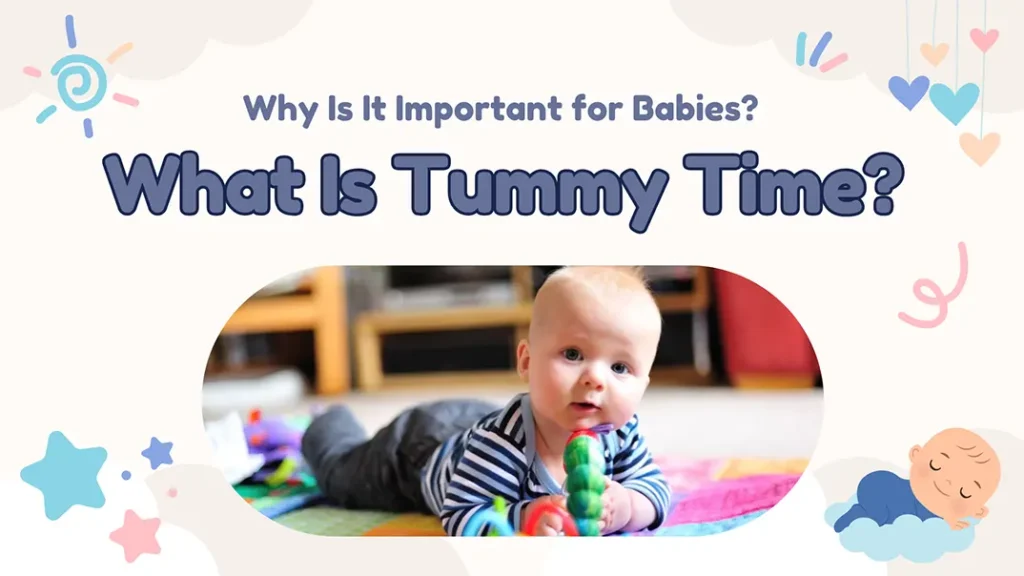
Tummy time is the practice of placing a baby on their stomach while they are awake and supervised. It is an essential daily activity that helps babies develop strength, coordination, and motor skills. This article explains what tummy time is, why it matters for healthy physical development, and how to do tummy time.




